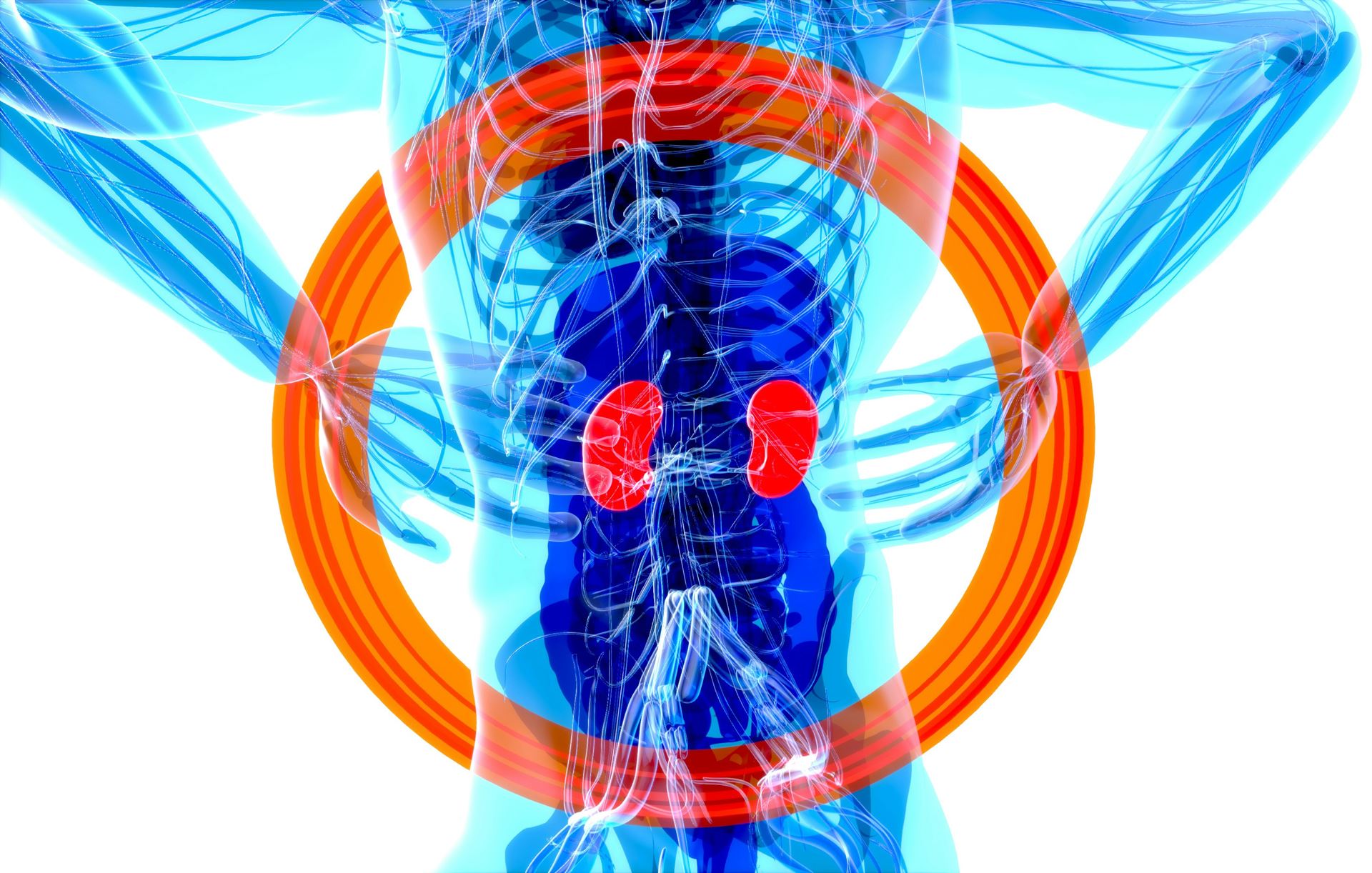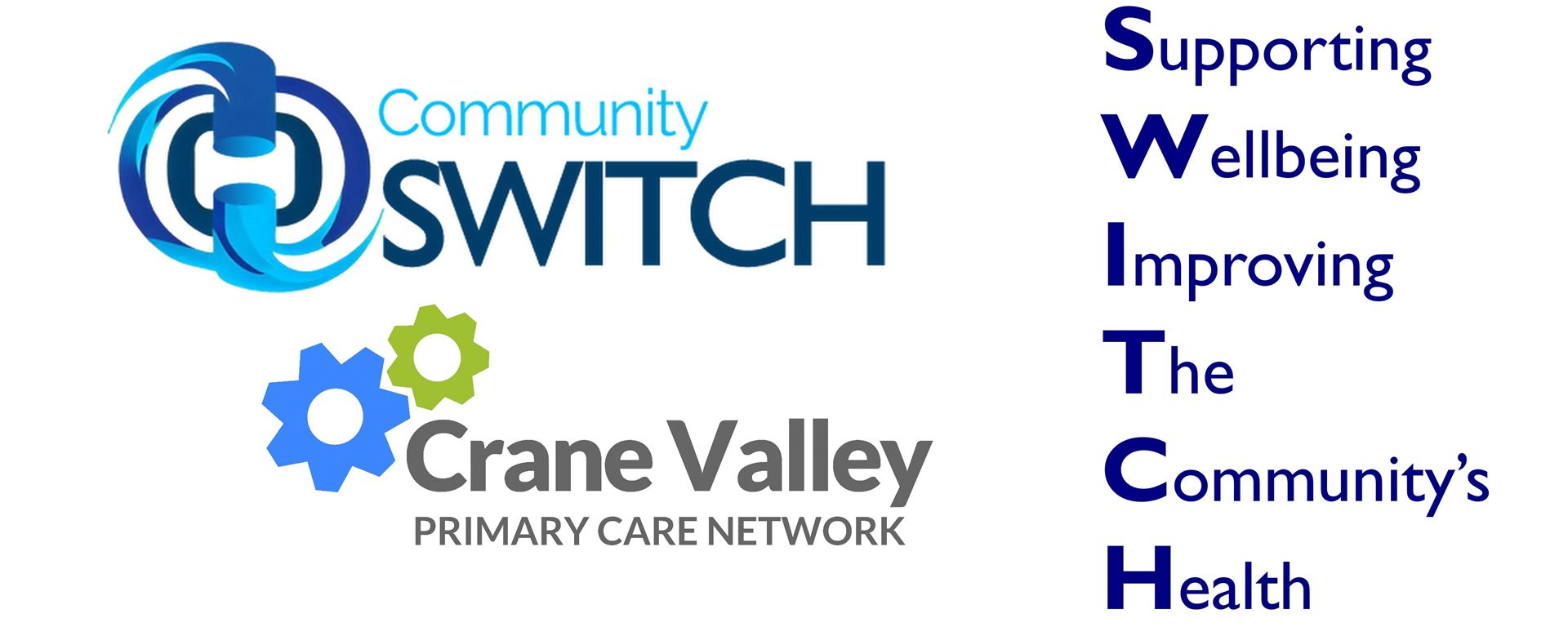Medicine sick day guidance – AKI risk
AKI stands for acute kidney injury and refers to when your kidney function rapidly declines. There is not necessarily an “injury” to the kidneys themselves despite the name. For more information please follow this link to the NHS website>>
One of the causes of AKI is dehydration. Taking certain medicines when you are dehydrated can increase the risk of AKI or make it worse. These medications either increase the likelihood of dehydration or interfere with the body’s natural response to this problem. These medicines should be temporarily stopped if you are at risk of becoming dehydrated with any of the following:
- Vomiting or diarrhoea (unless only minor)
- Fevers, sweats or shaking
You can restart the medication after 24 to 48 hours of eating and drinking normally. Do not take extra for missed doses.

Listed below are the common medications that would need to be stopped
Please note this is not an exhaustive list.
- ACE inhibitors: names ending in ‘pril’ - examples: lisinopril, perindopril, ramipril. A medicine for high blood pressure and heart conditions. If you are dehydrated, these medicines can stop your kidneys working properly.
- ARBs: names ending in ‘sartan’ - examples: losartan, candesartan, valsartan. A medicine for high blood pressure and heart conditions. If you are dehydrated, these medicines can stop your kidneys working properly.
- Diuretics: sometimes called ‘water pills’ - examples: furosemide, bendroflumethiazide, indapamide, spironolactone. Used for excess fluid and high blood pressure. These medicines can make dehydration more likely.
- NSAIDs: anti-inflammatory pain killers - examples: ibuprofen, naproxen, diclofenac. If you are dehydrated, these medicines can stop your kidneys working properly.
- Metformin: a medicine for diabetes. Dehydration can make it more likely that you will develop a serious side effect called lactic acidosis.
- SGLT2 inhibitors: names ending in ‘flozin’ - examples: canagliflozin, dapagliflozin, empagliflozin, ertugliflozin. A medication used in the treatment of Diabetes, Kidney disease or Heart Failure. These medicines can make dehydration more likely and if you have diabetes can cause acid to build up if you are unwell.
Please follow this link for more information relating to SGLT2 inhibitors>>
Which illnesses cause dehydration?
Dehydration is the loss of fluid from your body. Vomiting, diarrhoea, and fever (high temperature, sweats, shaking) can make you dehydrated.
If you are sick once or have diarrhoea once, then you are unlikely to become dehydrated. Having two or more episodes of vomiting or diarrhoea can lead to dehydration: in these cases, you should consider following this advice.
What actions should I take?
If you develop a dehydrating illness, you should temporarily stop taking any medicine listed above, and any other medicine identified by your health professional.
It is very important that you restart your medicine once you have recovered from the illness. This would normally be after 24 to 48 hours of eating and drinking normally. When you restart your medicine, just take them as normal. Do not take extra for the doses you have missed.
Page created: 13 July 2022
